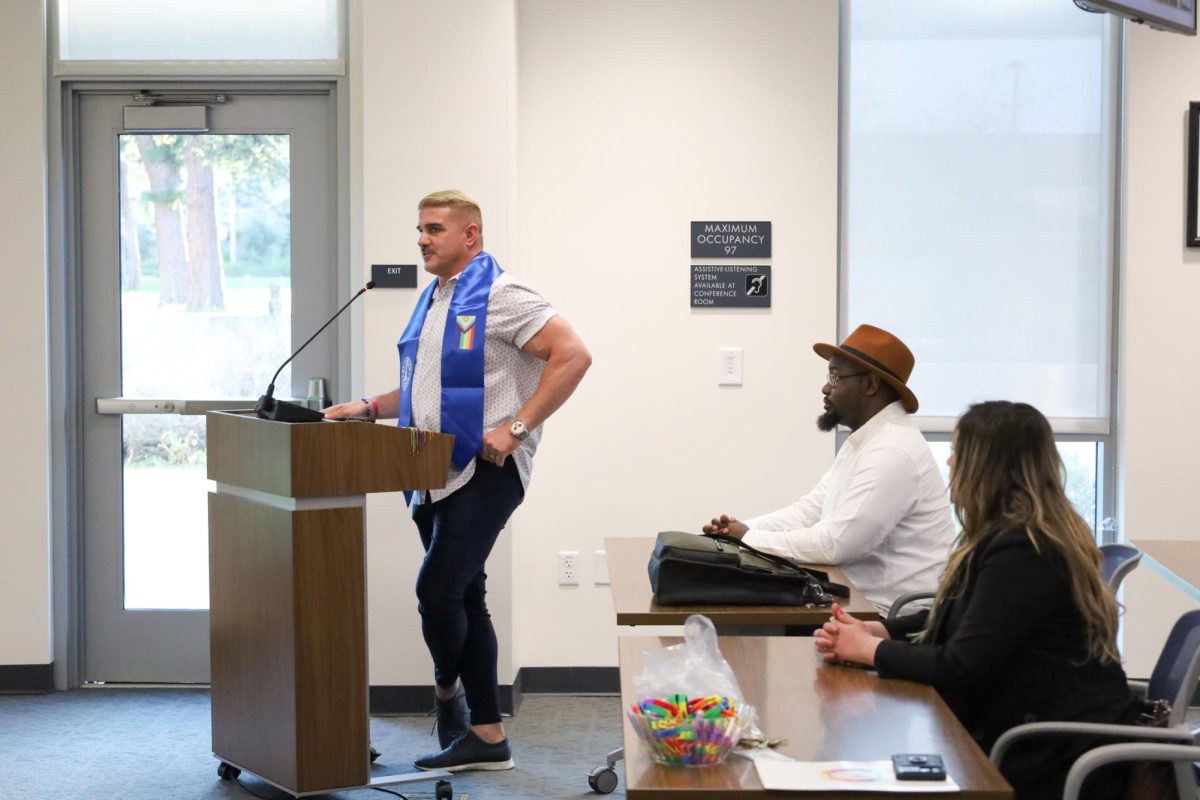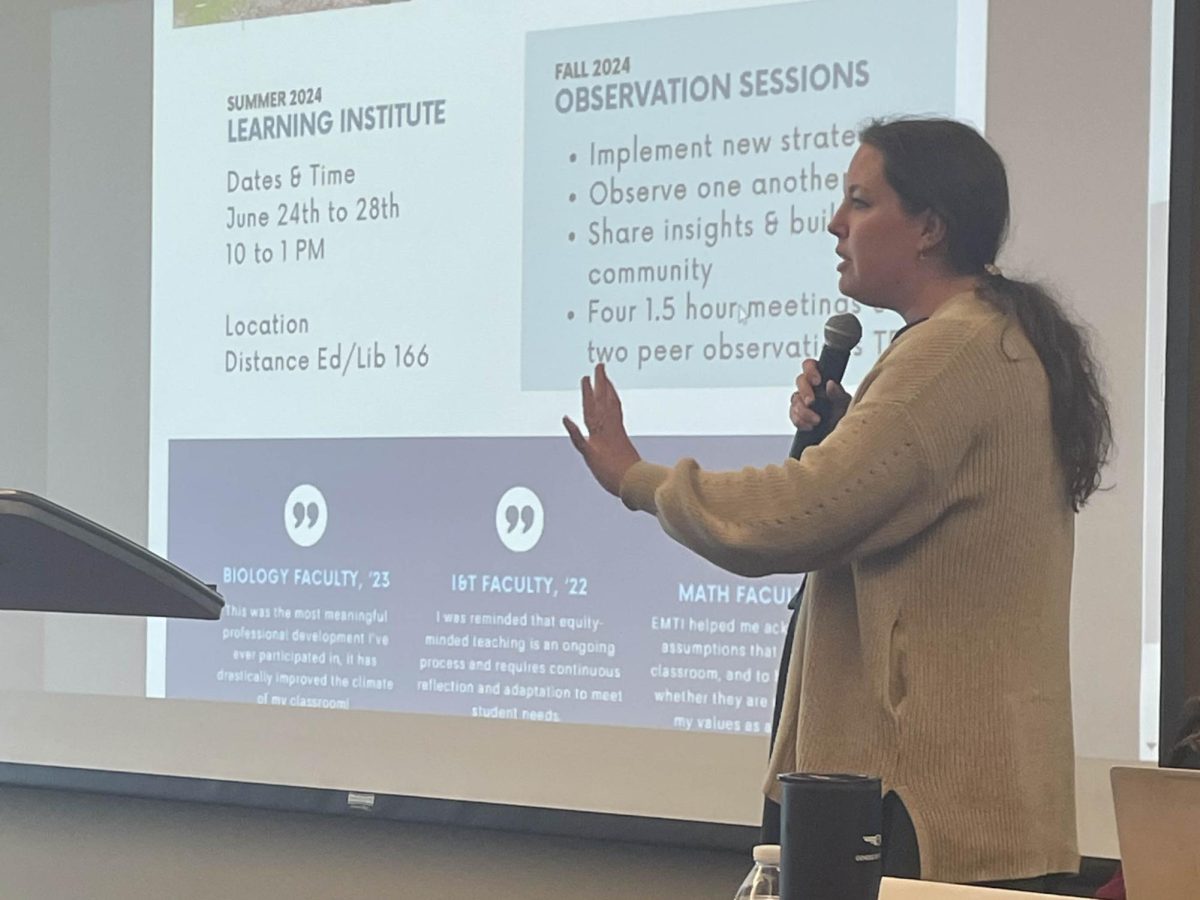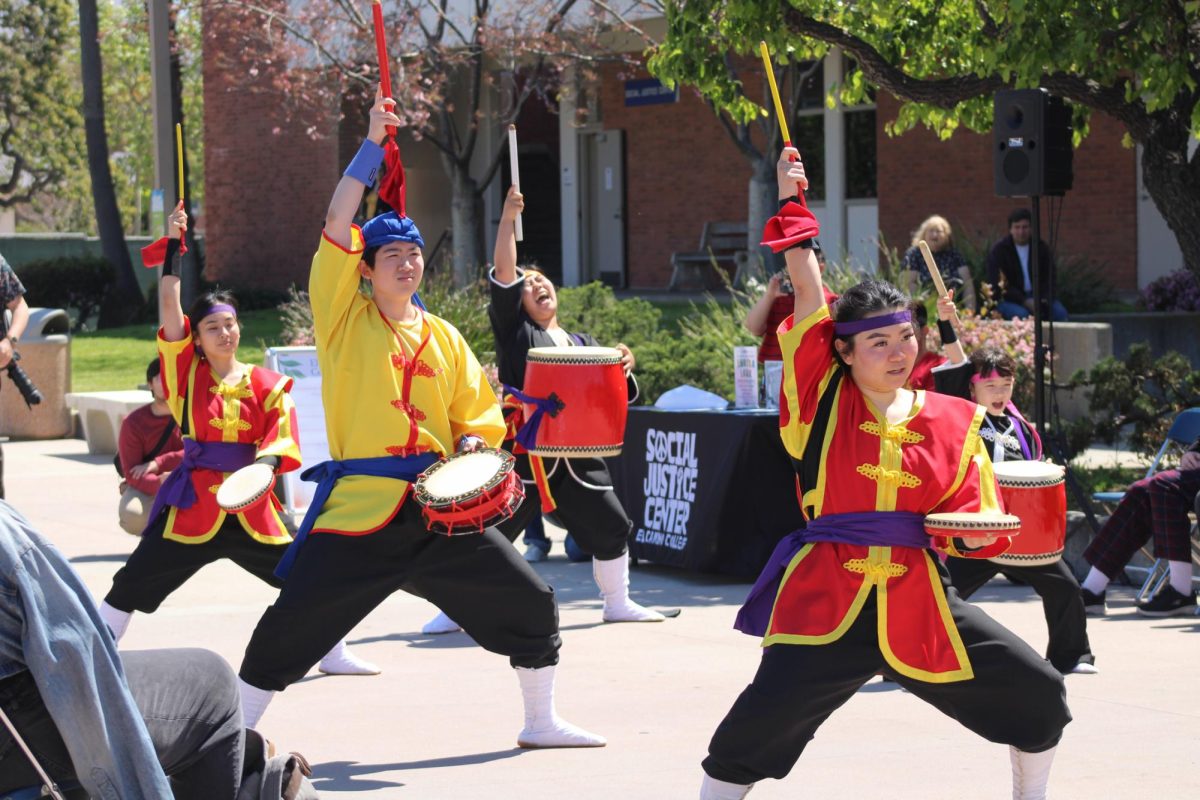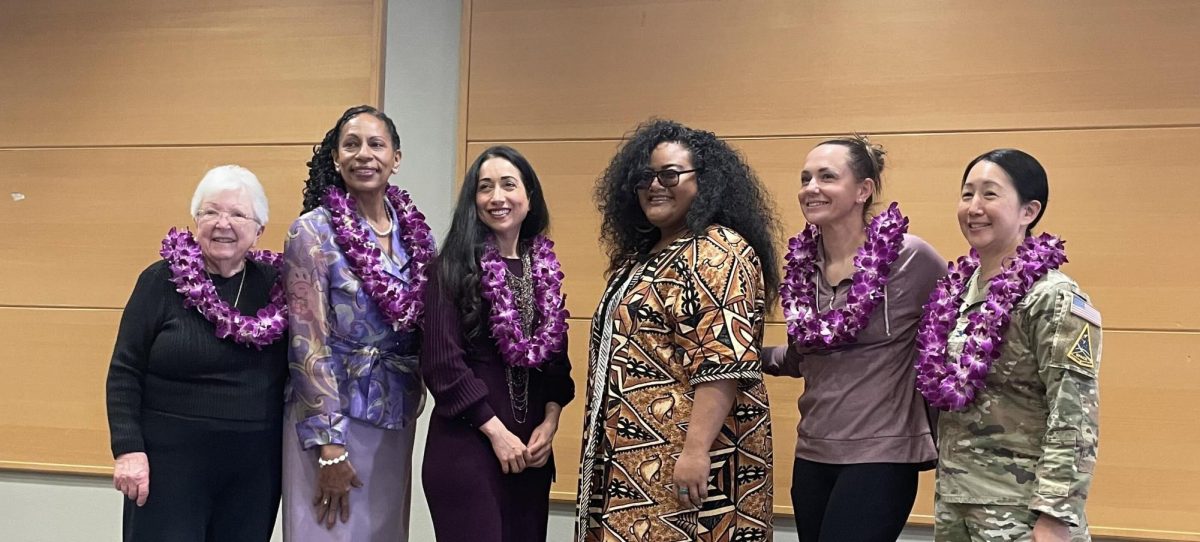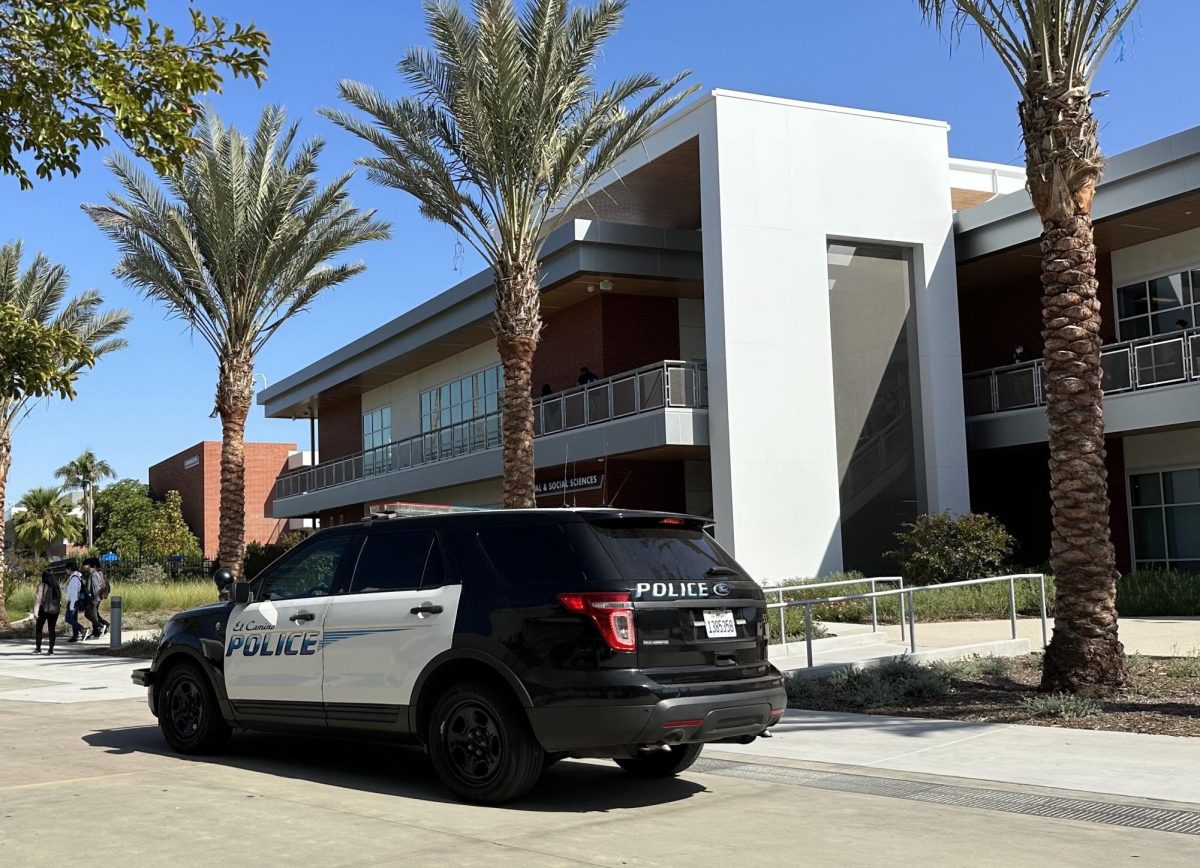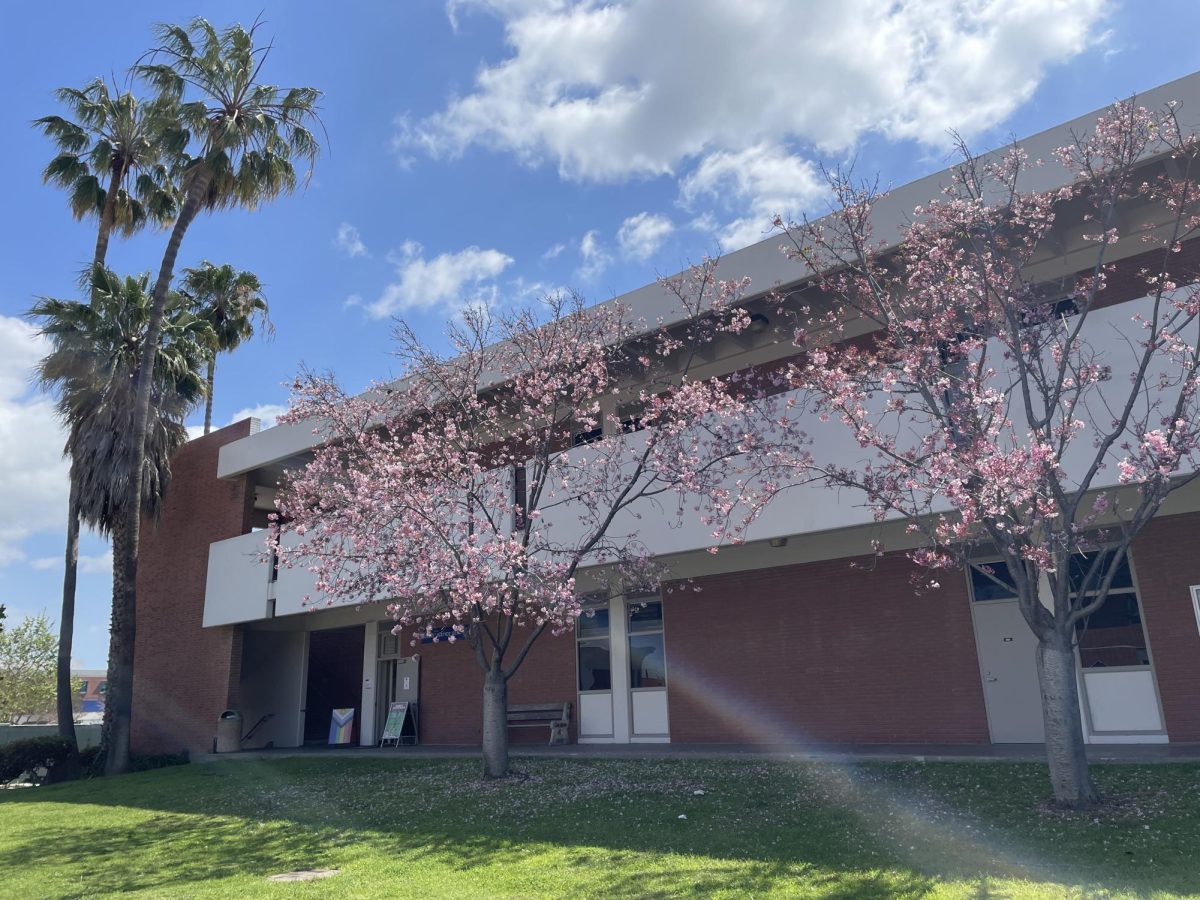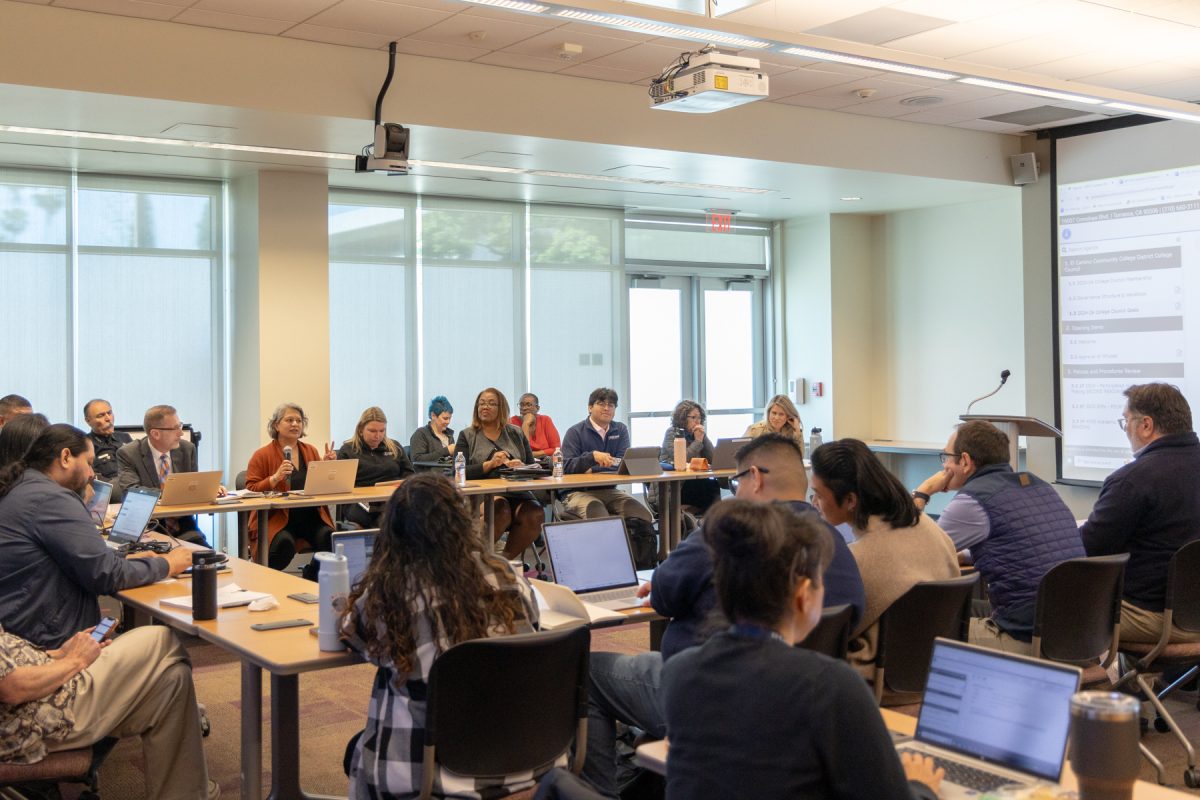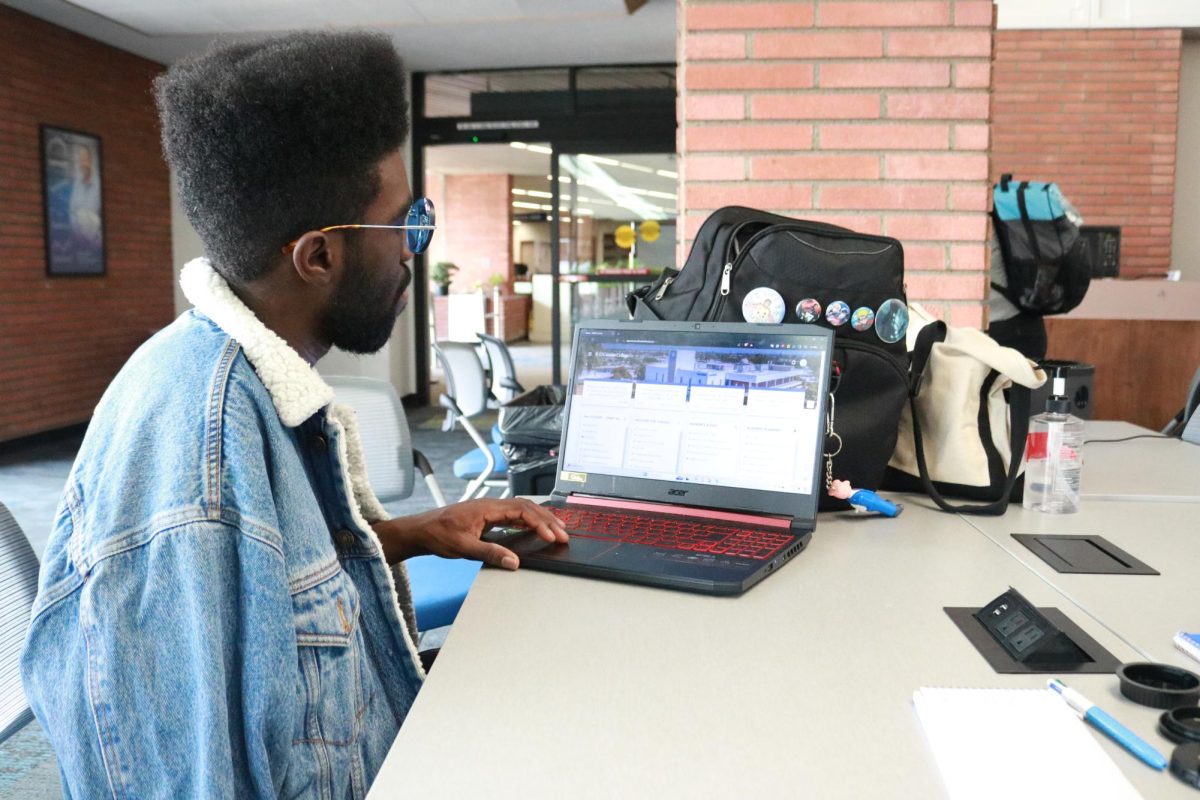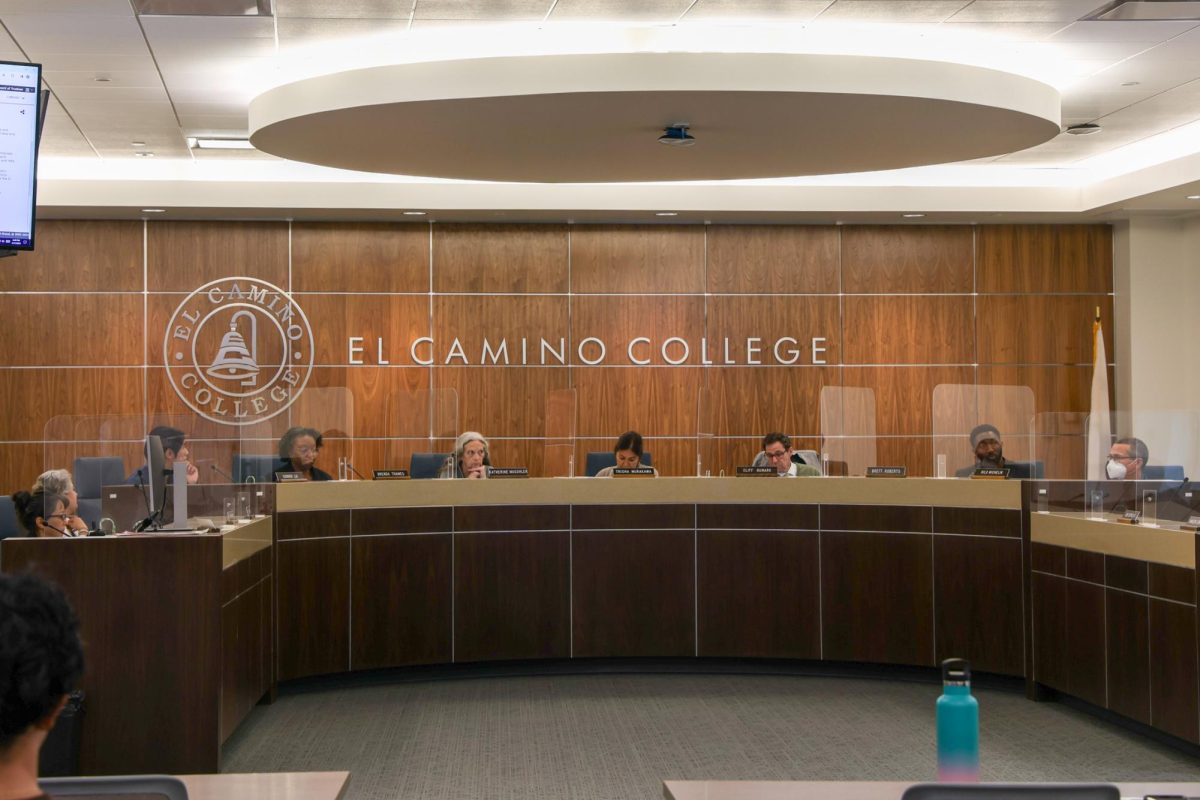The El Camino College Board of Trustees unanimously decided to amend a contract order for air purification units during their Nov. 15 meeting.
The new contract order was recommended to the Board by El Camino College Classified Employees (ECCE), the Facilities Department, and faculty requesting to add 400 more units in addition to the 1,341 purification units that have already been purchased and placed within various buildings around campus.
The first contract order for air purification units was approved by the Board of Trustees (BOT) during their June 21, 2021 meeting.
According to an infographic on the El Camino College (ECC) website, the portable air purification filters are high-efficiency particulate air (HEPA) filters with a 99.97% efficiency rating against small micron particles like airborne contaminants, pollutants and viruses.
The filters cost $1,997 per unit and require annual maintenance and upkeeping costing hundreds of thousands of dollars. Adding 400 additional air purification units would cost $617,580 covered by ECC’s federal Higher Education Emergency Relief Funds (HEERF).
Currently, there are numerous COVID-19 preventative measures set in place at ECC, which include the health screening kiosks, the mask mandate, daily sanitization efforts conducted by the Facilities Department, the air purification unit filters currently on campus and the vaccination mandate scheduled for Jan, 3.
While safety remains a top priority at ECC, the BOT put into question whether 400 additional air purification units are necessary to have amongst the current COVID-19 preventative measures enacted on campus.
“The number one way to prevent transmission of the virus is to get people vaccinated and based on the actions the Board took earlier this year, we are requiring all students, faculty and staff to be vaccinated in January,” Trustee secretary Clifford Numark said. “That [vaccinations] is an incredibly important step.”
The air purification filter contract was first approved in the summer as an early precautionary preventive measure, months before the Board approved the vaccine mandate on Sept. 7.
“In light of all of the things that we could be spending [HEERF] funds on, the question is this right use of this funding that we got from the federal government? There are all kind of other things that HEERF money can be used for,” Numark said.
The first order of air purification units have been installed around the ECC campus, but the question regarding how many units are sufficient enough remains unanswered as the BOT attends to investigate to figure that question out.
“Maybe we don’t cancel the entire order. Maybe there’s something between $0 and $370,000, but maybe have another look and come back with a recommendation,” Trustee member Kenneth Brown said.
BOT vice president Trisha Murakawa said that new buildings at ECC already have HEPA filtration systems installed, which serve the same purpose as the portable air purification filters.
“Given the cost of these [air purification filters] and if it’s not actually needed, then I really feel like we could redirect that [HEERF] money. We could use it towards something that would actually be more useful and helpful towards moving student success,” Murakawa said.
Murakawa said that the biggest goal for this amended contract is to hold a discussion with faculty, ECCE, and the Facilities Department to research and see if they are already safe enough on campus with the current measures in place.
“I understand that it is part of the contract that we have with our classified staff, but I also understand that it’s not part of the agreement that we have with faculty and faculty are requesting these filters,” Murakawa said. “If they learn that they are actually already safe and that we don’t need these filters, then maybe they’ll stop requesting these [filters].
Other topics that the BOT discussed during their Nov. 15 meeting include the approval for a cost of living adjustment increase for faculty, the 2020-2023 Strategic Plan Annual Progress Report and both the Social Justice and Black Student Success Centers, which are currently scheduled to be opening on campus during the Spring 2022 semester.
“There was overwhelming support for it [Black Student Success Center] to be opening on campus. I look forward to having that tour in early December because I think it’s very needed. I’m excited about it and I am very happy that it’s happening,” Murakawa told The Union. “It was a movement on part of the black students, black employees, black faculty and AFAM (The African American Employee Network).”




